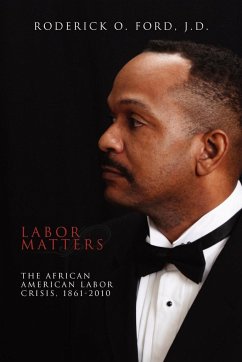Valerie O'Regan examines the relationship between female policymakers and policy outputs. Her primary concern is whether female policymakers are associated with the advancement of women's issues in the policy realm. Although this question is important in the study of representation theory, there has been surprisingly little research on the topic, and it has tended to provide limited, often contradictory results. O'Regan's research design and analysis utilizes time-series, cross-sectional procedures to examine the effects of the independent variables on the dependent variables over time, across countries. Data from 22 countries during the period of 1960-1994 were analyzed in two separate segments. The first analysis involved three general policy measures that address two types of women's issue policies-employment and social. The second analysis involved two measures for policy comprehensiveness employing equal wage legislation. The findings for the first analysis are positive regarding the relationship between the presence of female policymakers and the presence of women's issue policies. The findings for the second analysis highlight the difficulties of developing valid measures of policy substance. Scholars and other researchers involved with women and politics and legislative behavior will find the study of particular interest.
Hinweis: Dieser Artikel kann nur an eine deutsche Lieferadresse ausgeliefert werden.
Hinweis: Dieser Artikel kann nur an eine deutsche Lieferadresse ausgeliefert werden.

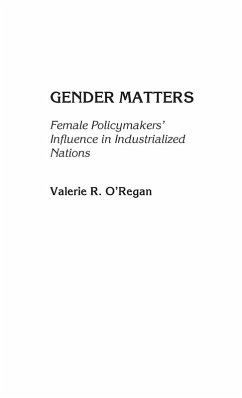
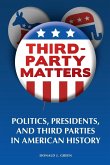
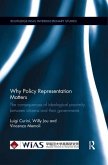
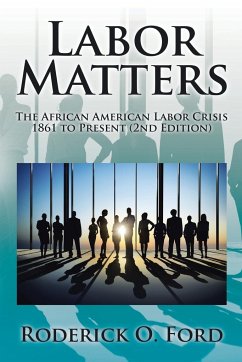


![Brief of Henry I. Kowalsky, of the New York Bar, Attorney and Counsellor to Leopold II., King of the Belgians and Sovereign of the Independent State of the Congo, in Matters Touching His Rights and Possessions Abroad, in Reply to [the] Memorial... Brief of Henry I. Kowalsky, of the New York Bar, Attorney and Counsellor to Leopold II., King of the Belgians and Sovereign of the Independent State of the Congo, in Matters Touching His Rights and Possessions Abroad, in Reply to [the] Memorial...](https://bilder.buecher.de/produkte/46/46303/46303390n.jpg)
